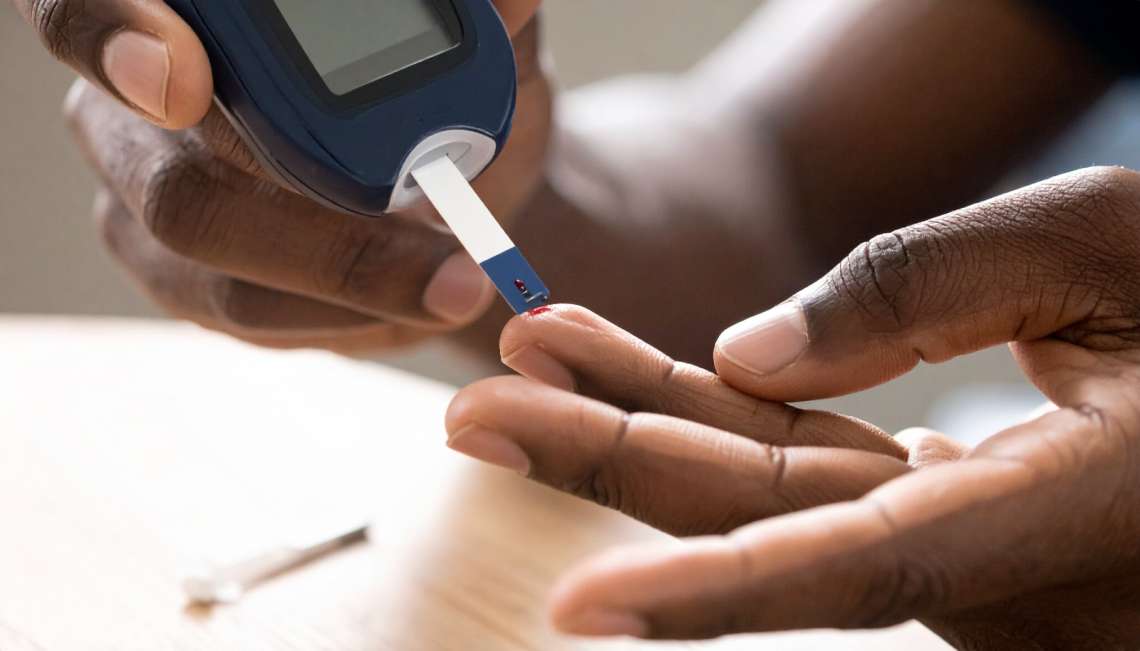It follows the $2 billion requested when the UN launched its global humanitarian response plan in March, of which around half has been received, reports the BBC.
UN Under-Secretary-General for Humanitarian Affairs Mark Lowcock said the “most devastating” effects of the coronavirus pandemic would be felt in the world’s poorest countries.

“Unless we take action now, we should be prepared for a significant rise in conflict, hunger and poverty. The spectre of multiple famines looms,” he said, stressing that “extraordinary measures” were needed.
Nine more vulnerable countries were added to a list of more than 50, with funds used to buy medical equipment to test and treat the sick, provide hand-washing stations, launch information campaigns and establish humanitarian airlifts to Africa, Asia and Latin America.
The UN said that donors, dealing with their own crises, have already pledged more than $900 nillion to help the poorest countries, but it is warning that much more was needed, the BBC reported.
In many of the world’s most fragile states, the peak of the disease is not expected for another three to six months.
The money is expected to cover costs of the humanitarian response plan until December.
As of Thursday morning, the global number of COVID-19 cases has increased to 3,753,112, with 263,841 deaths, according to the Johns Hopkins University.








